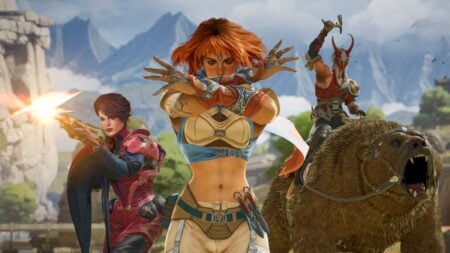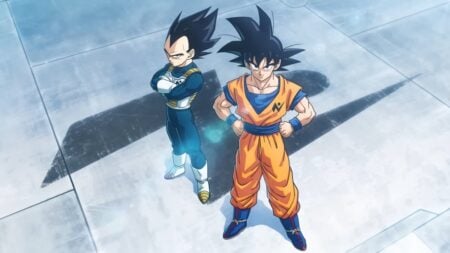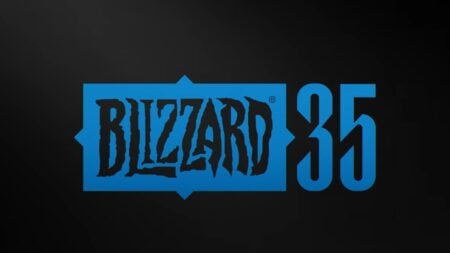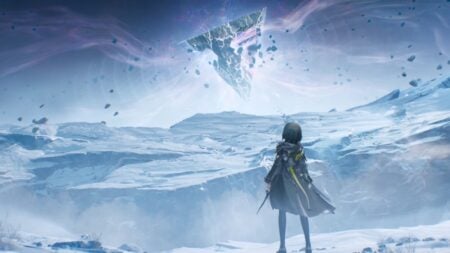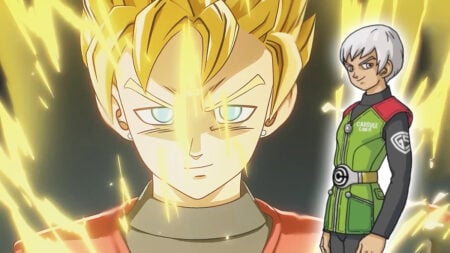Skip To...
Like a Dragon: Infinite Wealth resides at the heart of a Venn diagram. It’s equal parts Japanese soap opera, JRPG, and minigame overstimulation simulator. I can’t remember the last time I saw such a silly game take itself so seriously and vice versa all at once. It’s like watching Two-Face argue with himself about the kawaii appeal of gacha toys as he guns down his criminal rivals. There’s such an overwhelming amount of, well, everything, that Infinite Wealth manages to be both a great and impossible entry point for the series… and I couldn’t be happier.
Like a Dragon: Infinite Wealth Review
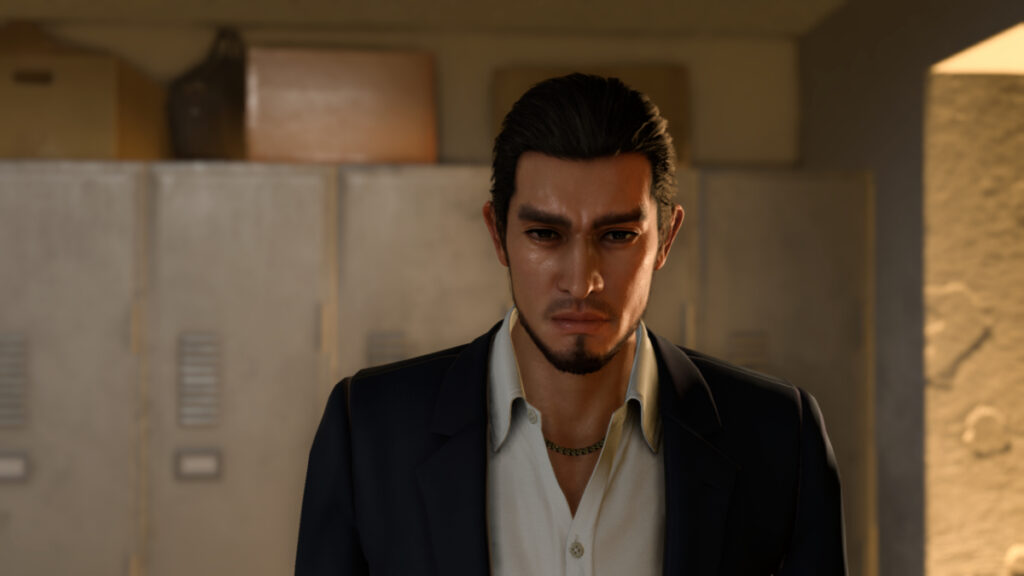
Ex-yakuza Ichiban Kasuga and Kazuma Kiryu team up for an adrenaline-pumping adventure that takes them from Yokohama to Honolulu, Hawaii and beyond. Along the way they reunite with old friends, fight turn-based battles, and investigate the underworld one punch at a time. Punctuating the dramatic cutscenes and epic fights is an inexhaustible series of side activities. Whether you want the creature-collecting shenanigans of Palworld or the cozy island development of Animal Crossing, Infinite Wealth manages to deliver. The side activities are as deeply thought out as they are numerous.
Story: Two Friends, Two Worlds
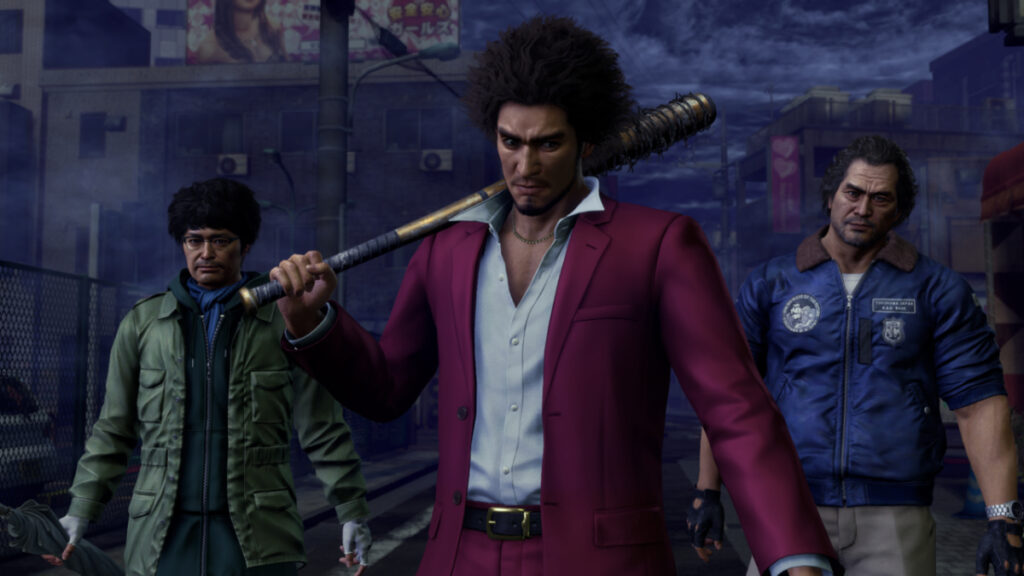
If you’ve ever tried to explain the plot of a soap opera to someone, you understand the problem with explaining Like a Dragon: Infinite Wealth. As the ninth entry in the main series, setting aside the numerous spinoffs, this game has a lot going on. It feels like you’re stepping into the middle of a story because, technically, you are. Kasuga has traded his life of crime for quiet but fulfilling work as a salaryman. He’s trying to help other former ex-yakuza find legal work. Unfortunately for him, the arms of the past are long indeed. Through a whirlwind of events, he finds himself cast once more into the action.
The intricacies of Kiryu’s story, meanwhile, are spoiler-prone. Suffice it to say that following the events of The Man Who Erased His Name, Kiryu is still doing his best to redeem himself from past misdeeds by helping those in need. The fate of the Dragon of Dojima soon entangles itself with that of the hapless Kasuga, giving both personalities ample opportunities to shine throughout the story. Ultimately, Infinite Wealth is Kasuga’s game. Not only does he appear sooner and get more screen time, but it’s also his problems that drive the action and drama.
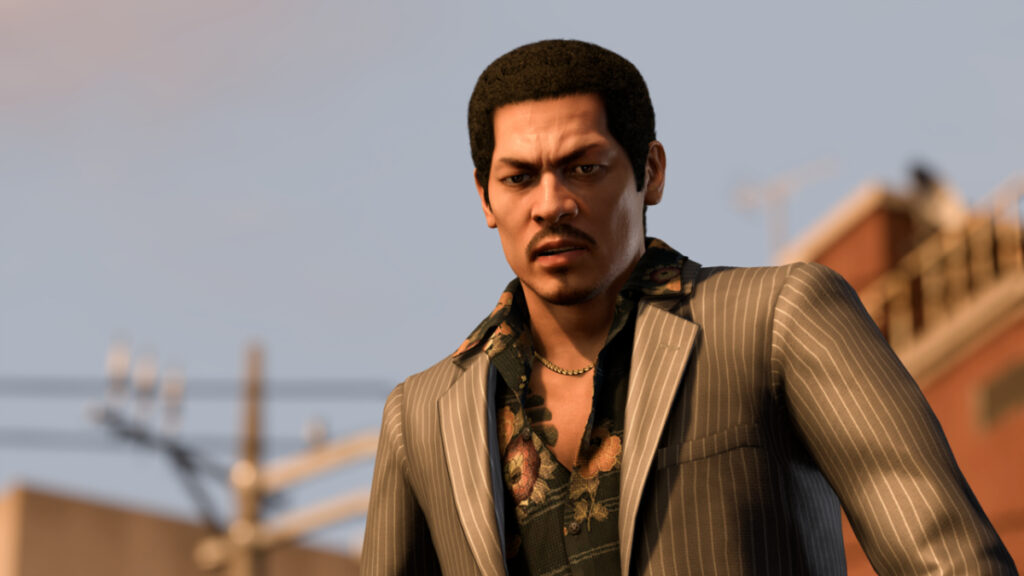
Watching Kiryu remain stoic before Kasuga’s cartoonish enthusiasm and emotional klutziness is one of the game’s purest delights. The story never allows either man to become grating, despite their exaggerated personalities. That’s a testament to the quality of the dialog as much as the exceptional voice acting. Kasuga and Kiryu are so good, the game could probably work as a two-man play, letting the naive boyishness of one rebound off the granite will of the other. The rest of the cast is stellar, so we can be thankful that’s not the direction Ryu Ga Gotoku took.
Kasuga’s story isn’t the only one to pick up again. Yu Nanba, Koichi Adachi, and Saeko Mukoda are just a few of the prominent characters to return. It’s a who’s-who of series regulars, with several franchise favorites making a return. The game gives their stories the same loving attention it gave to Kasuga and Kiryu. That’s arguably one of Infinite Wealth’s biggest accomplishments. The main plot never overshadows the side content, instead letting both coexist in the same weird symbiosis that Kiryu and Kasuga do.
Mechanics: Infinite Buffet
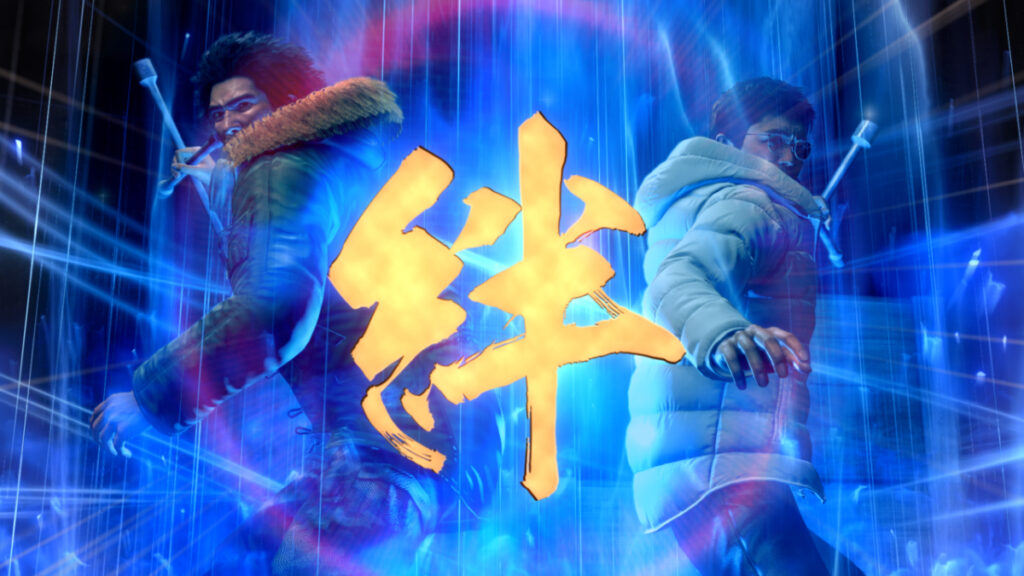
Only a trained auctioneer could rattle off the full list of activities present in Infinite Wealth without the listener needing a cup of coffee and nap in-between. Between exploration, combat, minigames, creator-collecting, and island development, there is a staggering amount to do. Although the last two are side activities, they’re too large and deeply developed to lump in with cozy time-wasters like darts and karaoke. Infinite Wealth is not only a turn-based RPG but also an exceptional sim. That’s true to the point that wandering around snapping photos of Hawaii’s scenery and locals is as valid an activity as any.
Like Yakuza 7, Infinite Wealth takes a turn-based approach to combat, but it’s not as static as you’d think. There’s no grid to bind characters. Enemies move about freely while you select your attacks. If you don’t react quickly, you’ll forfeit proximity and other situational advantages. Special attacks incorporate timed button presses, requiring quick reflexes. It takes a little getting used to, but I ultimately enjoyed it more than combat in any other Yakuza game. Add to the mix job changes, gear, Tag Team abilities, and elemental counters, and you have a rich tactical experience that stays engaging.
A few chapters in, the game introduces Sujimon battles, Infinite Wealth‘s winking homage to Pokemon. Sujimon features tricky 3v3 fights, and you compose a team out of the same enemies you’ve defeated along the way. Element weaknesses, speed, lane positioning, and a dozen other mechanics create depth in what could easily have been a soulless time-filler. No one will blame you if you sink a dozen hours into Sujimon alone, and that’s not just because it embraces the gacha model of creature collection.
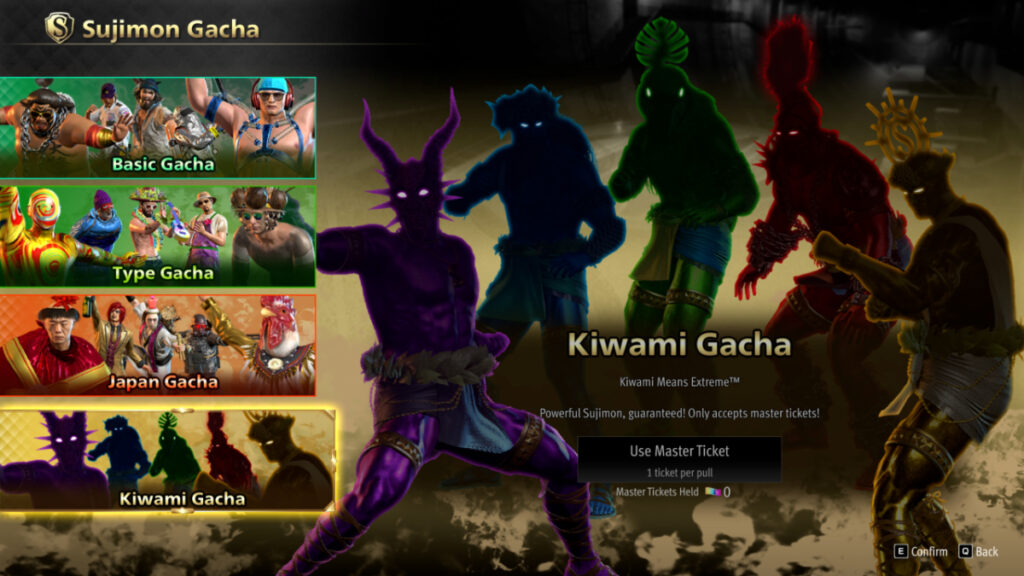
Even more surprising is Dondoko Island, which is as close to Animal Crossing as you’ll get without owing Tom Nook Bells. When you first set foot on Dondoko, the island is a trash heap. With time, effort, and hours of meticulous item placement, you’ll turn it into the 5-star resort it was destined to be. That means more money and better gear for your fighters, but that’s not the point. Dondoko Island exists so you can kill 40 hours obsessing over Feng Shui in-between kicking gangsters in the throat. If I have one complaint, it’s that the mechanics are a hair more cumbersome and less engaging than I’d like, but only a hair.
When you aren’t fighting, preparing Sujimon, or relaxing on Dondoko, you’re participating in side activities. Karaoke, darts, mahjong, Crazy Delivery (think Crazy Taxi but you’re delivering fast food on a bicycle), picture-taking, cat-befriending, coconut-collecting, and dating app hijinks are just a few of the ways to entertain yourself. They dangle the carrots of high scores and achievements in front of you if you’re the type that needs encouragement, but these activities are their own reward. Like a Dragon: Infinite Wealth speaks to the twitchiest, most ADHD corners of my soul. There’s just always something else to do.
Graphics & Audio: From Trash to Treasure
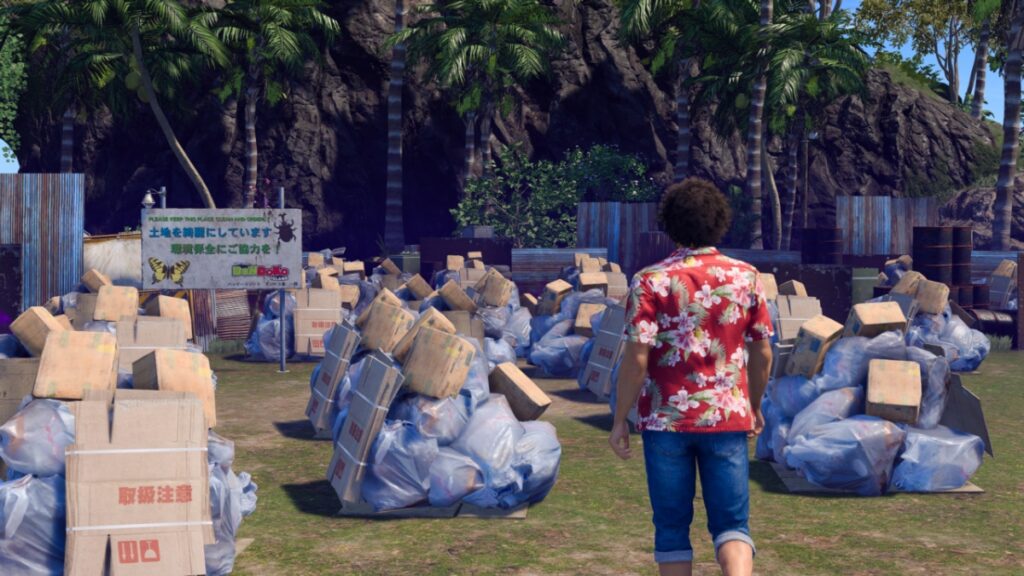
As for graphics and sound design, Infinite Wealth is a pleasing game. The series has never drifted far from its signature style, so if you’ve played any of the recent entries, you’ll know what to expect. There are no big surprises here, but that’s a good thing. With a plot and side activities that often fling themselves face-first into ridiculousness, it’s nice to have the game’s sights and sounds more grounded. The biggest change from previous games is the setting, so it’s fair to dwell on how Honolulu measures up to Yokohama, especially since you’ll spend so much time grinding there.
I’m glad Infinite Wealth stuck a camera in Kazuma’s hands because Honolulu begs to be photographed. Yakuza arguably does the intimate sandbox thing better than any game since Shenmue, and Infinite Wealth is the series at its best. The mixture of locals and tourist traffic brings the island to life, and the eccentric character designs and dialog give everyone a chance to stand out. The lack of fully-voiced conversations remains a pet peeve, but that’s a personal gripe. It does seem a shame that such zany characters don’t get to give a literal voice to their problems. Still, given the game’s mammoth scope, that’s a big ask.
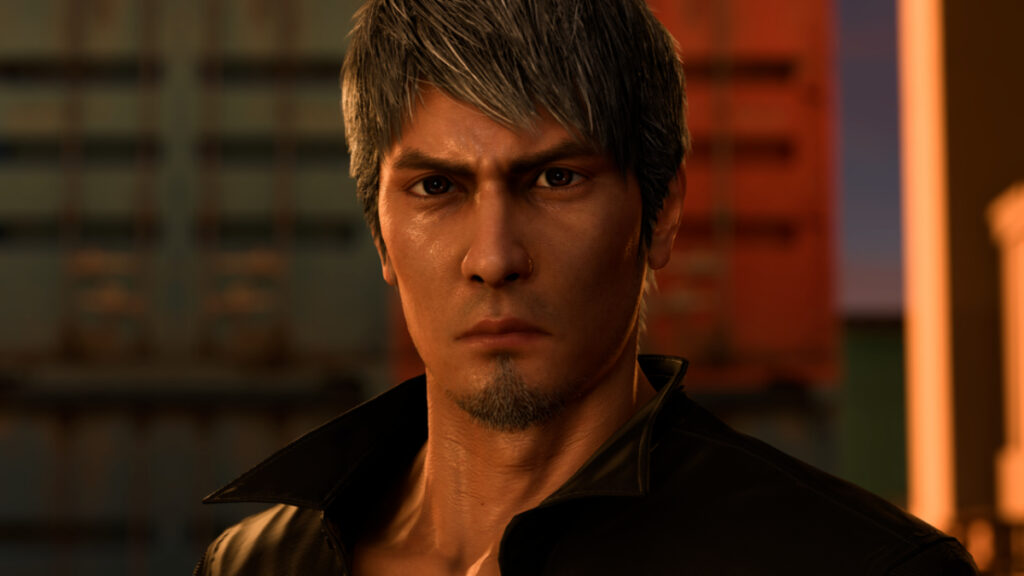
The game’s audio is at its best in the voice acting. That said, the music, ambient noise, and other sounds do a great job of creating a cohesive experience. The same can be said of the visual design. The sights and sounds of Infinite Wealth are the definition of professionally handled, but they rarely wowed me. Stepping away from the game, several moments linger in my mind because of their emotional weight or how funny they were, none because of how they looked or sounded. Infinite Wealth leaves an impression, but not for these reasons.
Infinite Wealth‘s eclectic style allows it to pivot from a character delivering a soul-crushing confession to one throwing a flaming tire at a man hopping around in a sleeping bag like an incensed Caterpie. Camera angles occasionally feel dated, and the smack of bodies against obstacles sometimes fails to sell the impact, but these are minor problems. In general, Kasuga and Kiryu’s adventure is polished to a mirror sheen. The imperfections rarely amount to more than fog on the glass.
Conclusion: All Feast, No Famine
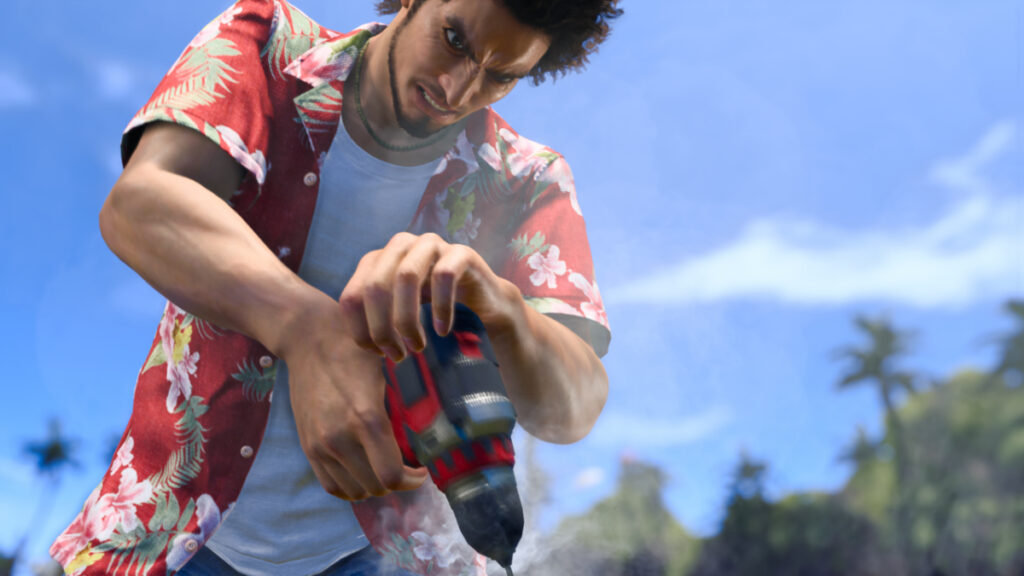
I experienced no crashes and only a handful of glitches during my time with the game. Like a Dragon: Infinite Wealth is a seam-busting experience, such is the level of excess here. If you’re the kind of player who ever feels that some games can be too much, this one is. At a certain point, the sheer amount of stuff can become exhausting, but complaining about that is like shaking your finger at a delicious buffet for continuing to exist after you’re full. Yakuza fans know what they’re getting into. Even if Infinite Wealth is your introduction to the series, know that your tastebuds won’t need anything else anytime soon.
Like a Dragon: Infinite Wealth will be available for PC (reviewed), PlayStation 4, PlayStation 5,
Review copy given by Publisher.
Like a Dragon: Infinite Wealth (PC Reviewed)
A gigantic RPG that takes its minigames and turn-based combat as seriously as its soap opera drama.
Pros
- Massive story packed with charm
- Deep and engaging combat
- Fantastic minigames and side content
Cons
- Minor camera and visual issues
- Content borders on being too much


